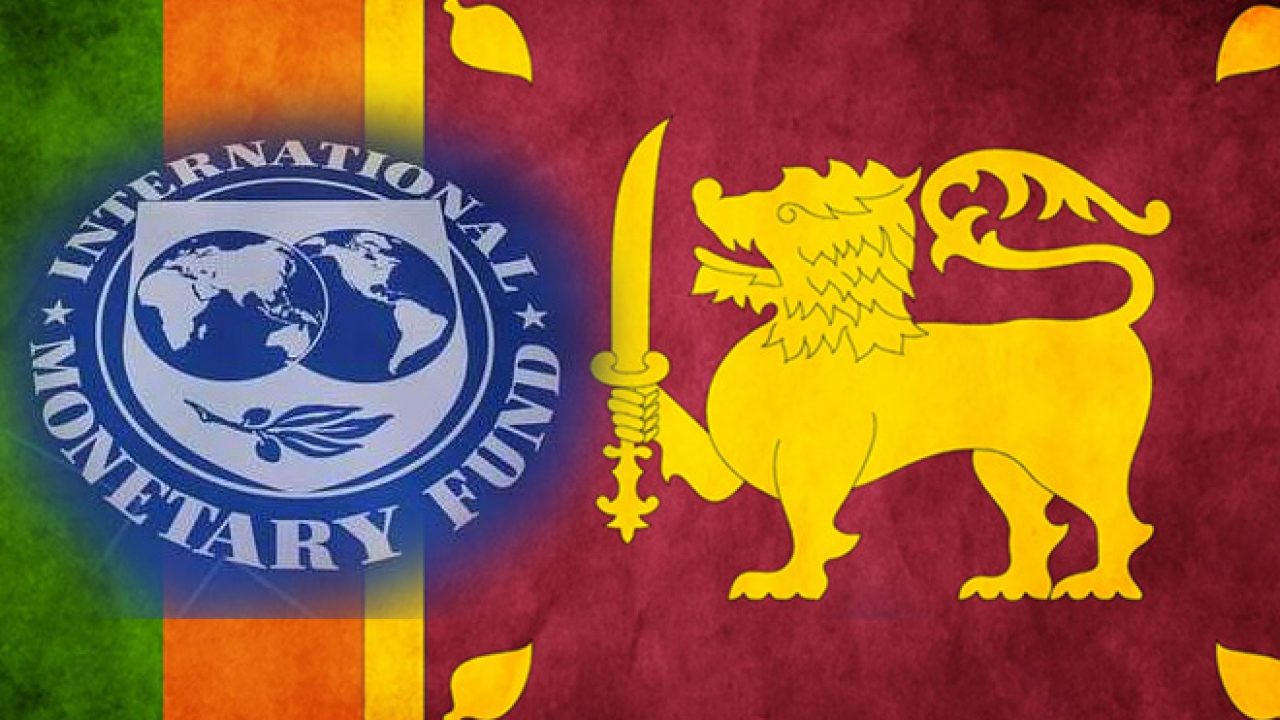Sri Lanka can be put on the path to prosperity if it achieves debt sustainability, an International Monetary Fund (IMF) official said, noting that the island nation must also confront the challenge of restructuring domestic debt without hurting financial stability.
IMF Asia and Pacific Department Director Krishna Srinivasan speaking at an event on Wednesday May 03 said the Sri Lankan government is working on resolving some of these issues and will “flesh out a strategy.”
“Hopefully very soon. That’s the next step,” he said.
Srinivasan was addressing the media on the regional economic outlook on Asia and the Pacific.
The official also noted that inflation has come down in Sri Lanka, albeit from having gone “through the roof”.
The ongoing IMF programme, Sri Lanka’s 17th, is one which emphasises macroeconomic stabilisation and bringing down inflation, he said, adding that inflation is a tax on the poor.
“Fiscal consolidation is based on revenue based consolidation. That’s partly because Sri Lanka has among the lowest in terms of revenue mobilisation, tax collection. And that goes back to the policy mistake they made pre-pandemic, wherein they cut taxes across the board, whether it’s VAT, corporate tax, and personal income tax. So the [IMF]-supported programme is a revenue-based consolidation [programme] which provides stability to the economy,” he said.
Srinivasan was referring to widely criticised tax cuts that were introduced soon after the election of then President Gotabaya Rajapaksa in late 2019. However, a recent IMF-backed hike in progressive personal income tax in Sri Lanka has been met with resistance from a minority of the working population that earns more than most Sri Lankans but are well-organised and are backed by the country’s leftist and left-leaning parties.
Srinivasan also noted that Sri Lanka was a quintessential case of a country running twin deficits.
“You had a large increase in the fiscal deficits, putting pressure on the external accounts, reserves falling, exchange rate falling,” he said, adding that this prompted the country to approach the IMF for a fresh programme.
The IMF programme also relies on Sri Lanka reining in inflation and addresses governance and corruption issues, he said.
“It’s the first country in Asia which has had a deep diagnostic on the issue of governance and corruption and that will feed into the programme going forward,” said Srinivasan.
In early April, Sri Lanka gazetted a new anti-corruption bill in a bid to address corruption vulnerabilities, a prerequisite for the much-needed 2.9 billion US dollar extended fund facility that came with the IMF programme.
Srinivasan said the programme will see a floor established on how the country should support its poor and vulnerable and to “make sure that the fiscal support they provide is temporary and targeted to the people who need it most.”
“It’s a very comprehensive programme and fiscal consolidation by itself will not be enough,” he added.
On inflation, which is on a downward trend and is predicted by the Central Bank to reach a single digit level by year end, the IMF official acknowledged that inflation has come down but from high levels.
“So this is again a work in progress. Inflation has to come down durably because – let’s not forget, inflation is the worst kind of tax on the poor and the poor and the vulnerable are hurting the most. So you want to get inflation under control. That’s something which, again, in terms of monetary policy, with support of fiscal policy – [that the authorities have] to bring inflation down to levels which are reasonable,” he said.
Sri Lanka must also make good-faith efforts to reach a debt agreement with its creditors, whether bilateral or private, said Srinivasan.
The country’s foreign minister, Ali Sabry, told Channel News Asia on Wednesday that the government is optimistic (“fingers crossed”) that the South Asian nation, still recovering from its worst currency crisis in decades, is on track to completing its debt restructuring programme before the IMF reviews its programme in September.
“We’re confident that just like we managed to secure debt restructuring assurances from our friend and creditors, we should be able to restructure it,” said Sabry.
Commenting on Sri Lanka’s growth trajectory, Srinivasan said the country has made a mild recovery after a contraction of 8.7 percent in 2022 followed by a 3 percent contraction in 2023.
“But the issue will be for Sri Lanka to implement the programme well so that debt can be made sustainable, which is a big difference from previous programmes, and the country can be put on the path to prosperity,” he said.
Recalling that Sri Lanka’s debt was assessed by the IMF to be unsustainable, Srinivasan said before the programme could be approved by the IMF board, Sri Lanka had to embark on a “path towards restoring sustainability”, which includes restructuring debt to all creditors – private creditors, official creditors, and to some extent, domestic debt, for the simple reason that debt sustainability is quite a big challenge in Sri Lanka.
“But when you restructure domestic debt, you have to make sure that you also safeguard financial stability. These are issues on which the government is currently working and [unclear whether he said ‘will’ or ‘we’ll’] flesh out a strategy on that, hopefully very soon. That’s the next step,” he added.


